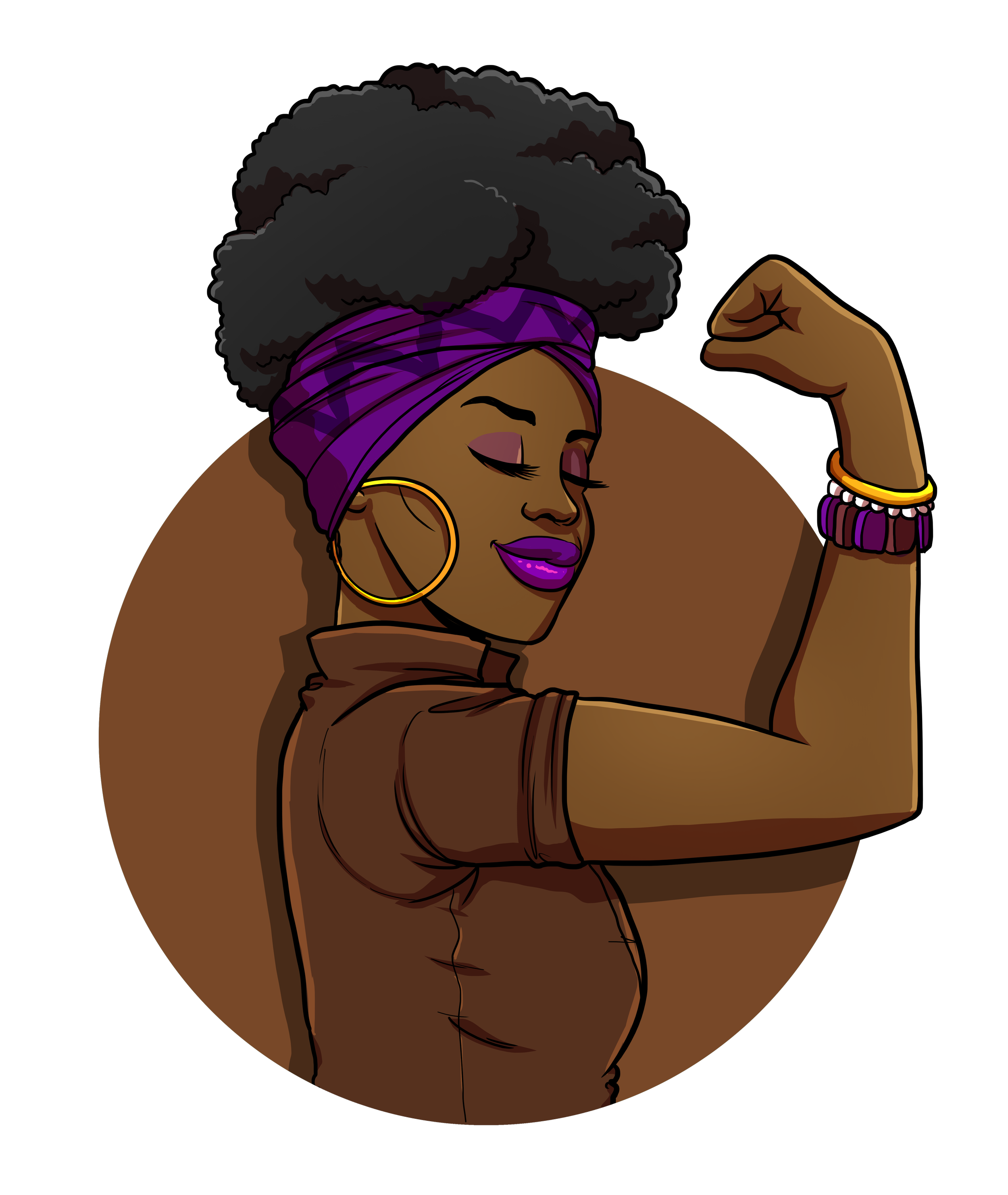Do we have to assemble to have a seat at the economic table?
The new kid on the block, Women’s Economic Assembly (WECONA) is billed as a high-level Presidential dialogue on women in the supply chain and the CEO of the country will deliver a keynote address. The dialogue takes place against the backdrop of a staggering unemployment rate amongst black women, and the covid 19 pandemic that has magnified all the existing inequalities living not just through a health crisis but an economic one too. It takes place in a country that is compromised on implementation of its policies to advance gender equality, a country that is plagued by another pandemic, gender- based violence. It takes place in a country with an economy that is structurally violent. It takes place with a private sector that is unwilling to openly address gender pay gap, sexual harassment, and violence in the place of work. It takes place in a country where black women are concentrated in lower paid jobs and are under – represented in Boards, Executive and senior management. It takes place against the backdrop of a private sector that has enjoyed massive economic benefits but not seen it fit to share the spoils. A private sector that if asked to give evidence- based on creating and supporting women owned businesses in the last 5 years- will fail spectacularly.
The CEO of the country has in different platforms announced measures to address gender- based violence and gender inequality but we are yet to see meaningful changes. The dialogue takes place against the backdrop of the country CEO having announced a R1.6 billion finance package for gender- based interventions for which The Wise Collective gave the government a failing grade in its ERAP Report Card, a sentiment later expressed by the Commission for Gender Equality (CGE). We are yet to receive a comprehensive expenditure breakdown of the R1.6 bn. Furthermore, late last year, the country’s CEO boldly announced a 40% state procurement set aside for women and another R22 billion injection towards economic empowerment of women and again, we are yet to see an implementation framework of the directive as announced. Yet here we are, with a women’s economic assembly, demanding the private sector to account for their procurement spent in women owned businesses.
A cursory look at the dialogue programme, it is expected that the automotive, agriculture, steel, energy and the FMCG industry and sectors will be sharing their plans and strategies on how to advance and support women businesses, or I guess talk about the pipeline of opportunities for women owned businesses. I can bet you that what you will hear on the 6th of October 2021 at this dialogue from the important business people is their intent and future looking plans -you will hear the phrases, we intend doing, we will be setting up, we will be working with, we are supportive of government’s initiatives, etc.
We gabe been here before, from the Presidential Working Group on Women to now a Women’s Economic Assembly. We cannot be pacified by these kinds of events and lulled into a false sense of hope and progress. We know the nature and extent of the challenges of black women in accessing business opportunities, these have been raised ad nauseum at different fora for the past 15 years but all we keep doing is to dialogue and all we change is the faces of those who lead these initiatives.
I expect nothing but an honest gender analysis of the sectors and industries mentioned and participating in this dialogue. The analysis must acknowledge the gender data gap found in these sectors and the economy. It must be an analysis that acknowledges that representation matters and those leading this assembly are not self-serving but recognize the burden this economy places on the bodies of black women, on the women’s unpaid work and male violence against women.
These dialogues must count for something in the life of a women in Thabong Welkom, in Tzaneen, in Langa, in Kuruman, in Vryburg, in Kwa- Mashu, in Kwa-Mhlanga and Sebokeng.
Happy dialogue but miss me - Andizi

